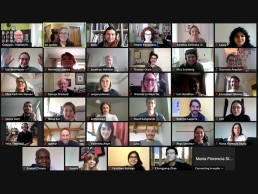
Results for final Light4health Erasmus School announced
(International) – The third and final International Erasmus School of the Light4health (L4H) project was held within the framework of the Erasmus+ Strategic Partnership grant programme. The event ended with the aim of testing a novel educational course to teach health research methods and findings to lighting designers at the graduate level.
The event was organised and run by representatives of leading international universities and European architectural schools in the field of lighting design, including Aalborg University (Denmark), Hochschule Wismar (Germany), KTH Royal Institute of Technology (Sweden), Thomas Jefferson University (USA), ITMO University (Russia), and the University of Wolverhampton (UK).
In 2021, classes were held in a remote format, as they were in 2020 as a consequence of the Coronavirus pandemic. Classes were hosted online by Aalborg University under the theme “Lighting for Healthcare Environments” – a particularly relevant topic in the context of the pandemic.
Two associated partners supported the L4H project with tools and expertise; Solemma (www.solemma.com) provided a free year-long ALFA license and ClimateStudio for all students and teachers, to be used throughout the project. The new Associated Partner Janowicz Architekci (http://janowicz.pl/wp/) has supported the L4H Project providing four three-dimensional models and CAD drawings for the following rooms to be studied: a patient room, a waiting room/waiting area, a nurses station, physiotherapy room.
The learning process lasted six and a half weeks from 19 March 2021 (with a welcome/kick-off) to 5 May 2021 (with a final presentation). The course was divided into five specific training modules. Each week was devoted to a specific topic that included a theoretical part, based on pre-recorded lectures, and practical tasks, concluding with a final presentation. The work was conducted in interdisciplinary, international groups (24 participants in total). Within its framework, participants comprehensively evaluated the lighting of four assigned spaces. This involved the analysis of natural and artificial light, and the study of the effect of lighting on the daily and night-time rhythms of users (patients and medical staff).
During the first introductory module, students learned about best lighting practices. Focus was given to the new health related lighting standards and the guidelines developed by the International Commission on Illumination (CIE) and the Illuminating Engineering Society (IES) with the presentation of different studies covering various cases. In the second module, which was dedicated to the topic of daylight, participants were taught about vision, daylight standards and its assessment.
During the third module, students explored dynamic and interactive lighting in healthcare facilities. In particular, aspects such as the use of virtual reality (VR) in distraction therapy, lighting and autism, VR and autism, lighting control and interfaces were touched upon. Using the knowledge gained from this module, students were able to incorporate dynamic lighting elements into their final projects.
The fourth module focused on biofeedback and measurement devices. Students learned about handheld spectrometers, flicker meters, EEG, and eye tracking. The fifth and last module was devoted to work for a final lighting project. With the help of modelling tools and software (Dialux, ALFA, ClimateStudio, Velux Daylight Visualizer, etc.), each group developed its own concept for a new architecture-integrated lighting design aimed at supporting the health and wellbeing of the users. They developed conceptual recommendations for improving the existing daylight and artificial lighting conditions. The fifth module culminated with a final presentation given by the students.
The L4H project will be completed by the end of August 2021, with a free of charge, open-access L4H remote course and a Teacher’s Guide. Before this occurs, the consortium partners will seek feedback and review of the course content from a selected group of lighting practitioners, academics and student participants of previous L4H Summer Schools.
For more information on the Light4Health project, contact Asst. Prof. Dr. Karolina Zielinska-Dabkowska, the L4H project’s principal investigator representing Hochschule Wismar (HSW), at k.zielinska-dabkowska@pg.edu.pl.




